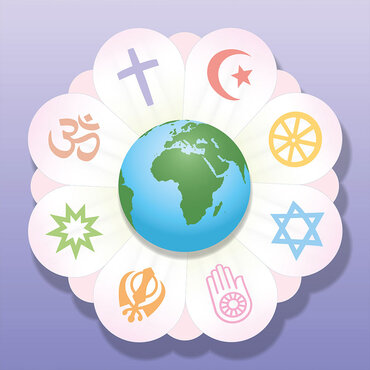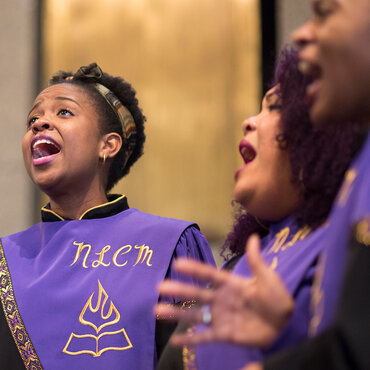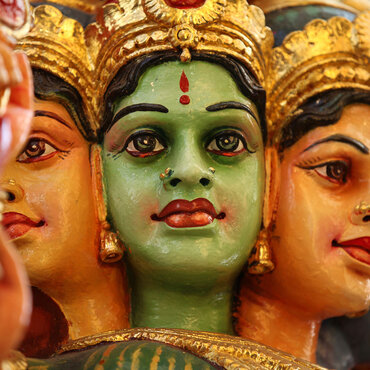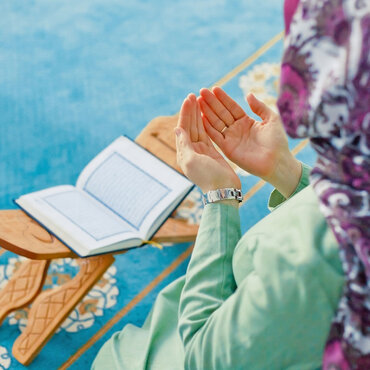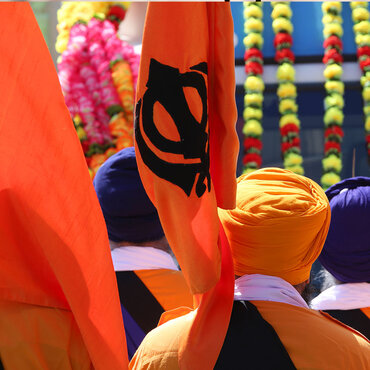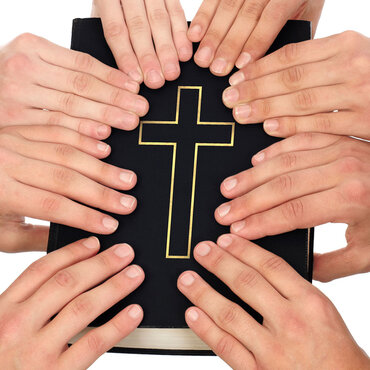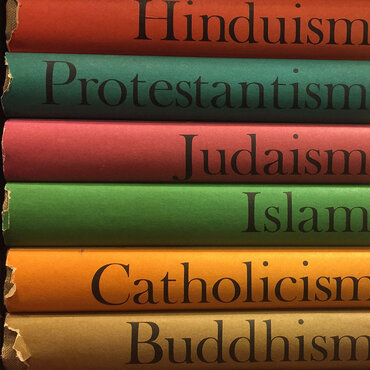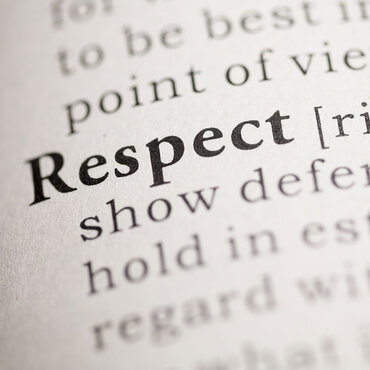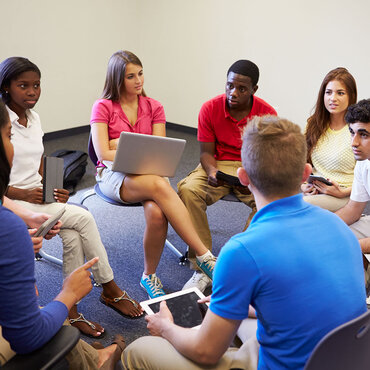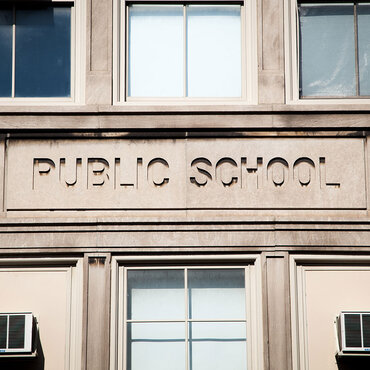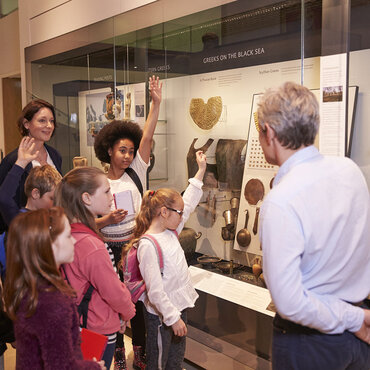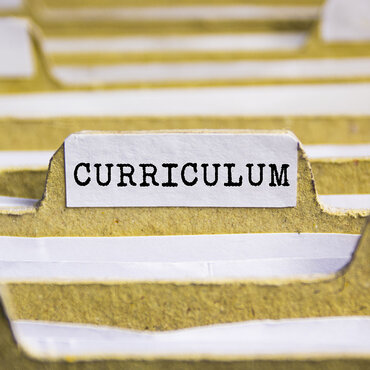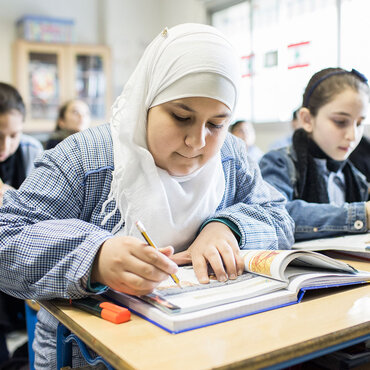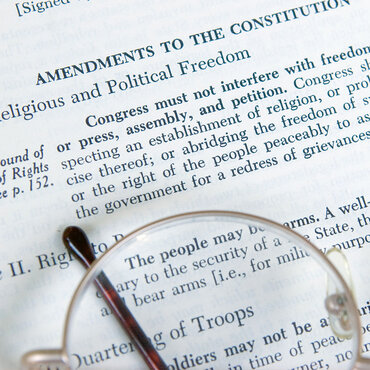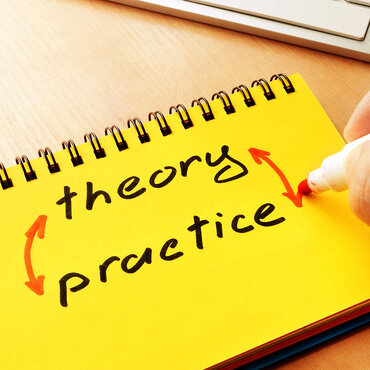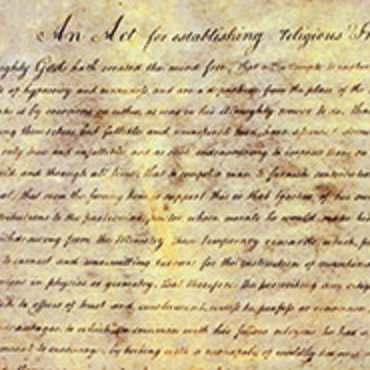
Religious Holidays in the Classroom
Holiday celebrations can be incredibly important periods of celebration and reflection in the lives of religious individuals and communities, but many educators don’t know whether it is constitutionally appropriate to mention holidays in the classroom. This module offers approaches to teaching religious holidays in the public school classroom while maintaining an environment that is respectful of students from all religious backgrounds, including non-religious backgrounds. The module provides guidelines for helping to determine if holiday-related activities are constitutionally sound. This module may be of particular interest for elementary teachers. For issues related to policies about religious holidays, school calendars, and excused absences, see the related module Religious Holidays and School Policies.
Get even more great free content!
This content contains copyrighted material that requires a free NewseumED account.
Registration is fast, easy, and comes with 100% free access to our vast collection of videos, artifacts, interactive content, and more.
NewseumED is provided as a free educational resource and contains copyrighted material. Registration is required for full access. Signing up is simple and free.
With a free NewseumED account, you can:
- Watch timely and informative videos
- Access expertly crafted lesson plans
- Download an array of classroom resources
- and much more!
- Religious Literacy
- Educator
Kate Soules is a doctoral candidate in Curriculum and Instruction at Boston College. Her research focuses on teachers’ professional learning and development on religious literacy and religious liberty. She has taught students from the middle school level to the graduate school level.
- Identify common issues related to the recognition of religious holidays in the classroom
- Analyze examples using First Amendment guidance on the appropriate recognition of religious holidays
- Chapter 10: Religious Holidays in Public Schools (pg. 111-117) in Haynes, C. C., & Thomas, O. S. (2007). Finding Common Ground: A First Amendment Guide to Religion and Public Schools. Nashville, TN: First Amendment Center.
- Haynes, C. (2014) “In Public Schools, When Should Holy Days Become Holidays?” from Inside the First Amendment, The Freedom Forum Institute.
- Schaefer, A. G. and Bass, M. B. “Conflict Between Law & Religion: A Peaceful Solution for the Teaching of December Holidays” from the National Council for the Social Studies
- Note: In the discussion of Multicultural Awareness Goal 3, this article suggests “For festivals of light, you may make the object and explain the practice and significance of each of the following: Solstice-Yule Log, Hanukkah-menorah, Kwanzaa-colored candles, Christmas-Advent wreath, candles, home/tree lights, Las Posadas-Luminaria.” You may, as the teacher, bring in these objects or make a replica to show the students. However, we recommend that you do not ask students to make these objects as a classroom activity (e.g. make a menorah or kinara from construction paper or decorate luminaria).
- “What the Schools Must Do” by Charles Haynes and Oliver “Buzz” Thomas
- This video focuses broadly on determining if religion-related school activities are constitutional, with some specific discussion of holidays.
- “30 Religious Holidays in 60 Seconds” by Interfaith Youth Core
- This short video runs through a year’s worth of religious holidays in 60 seconds. How many do you recognize? The hosts also discuss several reasons for learning more about what religious holidays are being celebrated in your community.
- Describe a common holiday activity in your school. What is the academic or secular purpose of this activity? Does it have the effect of promoting or inhibiting religion? How so?
- Teaching about religious holidays often is limited to December during the “Holiday Season.” However, important holidays from many traditions occur at other times of the year. What are some ways you could incorporate teaching about religious holidays throughout the school year?
- Parents often want to contribute to classroom activities related to holidays. What are some guidelines you should give parents before they come in to talk about a religious holiday?
